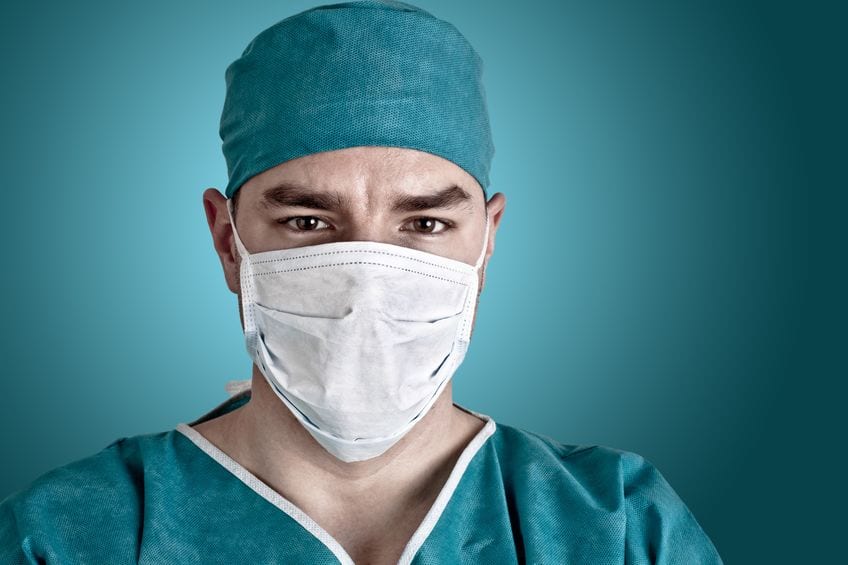WASHINGTON, DC – The Accreditation Council for Graduate Medical Education (ACGME) just passed a new residency requirement that mandates residents and interns to take a 30-minute power nap between the hours of 1 p.m. and 1:30 p.m., immediately after a “nutritious and filling lunch.”

Studies show that quick siestas in the afternoon lead to improved performance and increased patient safety at hospitals with GME. Attending physicians and medical students will fill in for the 30-minute period where all residents in the hospital are in mandatory naptime. “Code Nap” will be announced overhead to help enforce the new legislation.
Hospitals are currently converting some patient rooms into padded resident napping rooms. Mats and blankets will be placed on the floor by nurses and warm milk will be available with soothing music in the background. Nurses will also be required to tuck in the residents, sing a few lullabies, and then chart twice that they tucked in the residents in their patient’s chart
Surgical residents scrubbed into a case in the operating room will be expected to break scrub and nap 30 minutes before returning back to the case. If they have not had lunch yet, they will be required to break out 15 minutes earlier in order to fill their bellies before naptime.
ACGME spokesman, Dr. William Speedly, had this to say in regards to the new mandatory naptime:
“Placing residents in naptime will ultimately improve patient safety and patient satisfaction. Although some residents may not actually nap, they need to be put down for ‘quiet time’ at a minimum during ‘Code Nap.’ What they do in the room during their 30 minutes is up to them.”
“I really am looking forward to taking naps,” said PGY2 Dr. Martha Wilkens. “I don’t know how previous residents ever survived without naptime.”
As expected, attending physicians and nurses are furious, but if they fight it, residency programs may lose accreditation. For now, it looks like residents and interns will be getting their power naps.
“These millennial residents are something else,” said attending physician Rebecca Winterson. “They have no idea how good they have it now.”







